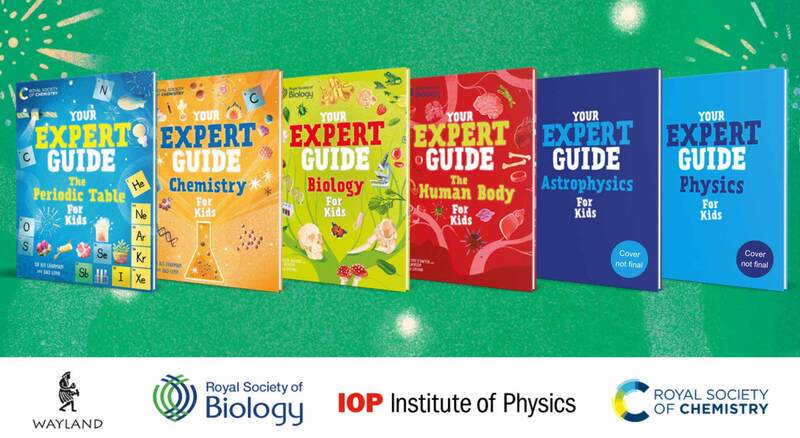You are viewing your 1 free article this month. Login to read more articles.
IOP Publishing unveils feedback system for reviewers
Scientific publisher IOP Publishing (IOPP) is offering peer reviewers feedback on their reviewer reports to "enhance the quality of peer review" and to improve best practice in the physical sciences.
The publisher has rolled out the new programme on an opt-in basis across all its proprietary journals. Where reviewers opt-in for feedback on their report, IOPP will share a numerical evaluation of how useful the report was to the in-house editors on a scale of one to five, with five being outstanding and one indicating that the report is not suitable to inform a decision. Reviewers can then get constructive information about the structure and usefulness of the reports, explaining the evaluation.
A survey of over 1,200 researchers who have reviewed, or been invited to review with IOPP, showed that feedback on their reviewer reports would improve their peer review experience. In particular, the results showed that feedback on the quality of reports is most valued by early career researchers.
The launch follows a trial of the programme across three IOP Publishing journals, including Engineering Research Express, Environmental Research Letters, and Plasma Physics and Controlled Fusion. Over 85% of reviewers involved in the trial indicated that receiving feedback on their report was useful or very useful, while over 2,700 reviewers have already opted in to receive feedback on their reports since IOPP extended the programme to all its proprietary journals in September.
Laura Feetham, reviewer engagement manager at IOPP, said: "The work of our peer review experts is crucial to the advancement of science, and yet reviewers rarely (if ever) receive feedback from editors about the quality of their reports and to what extent they influenced the editorial decision. We wanted to change this on behalf of our peer review communities.
"Now our reviewers can opt-in to be given an honest evaluation of their report, straight from the editor. Our hope is that this will improve transparency in the peer review system and help early-career researchers to build their peer review skillset.”



















